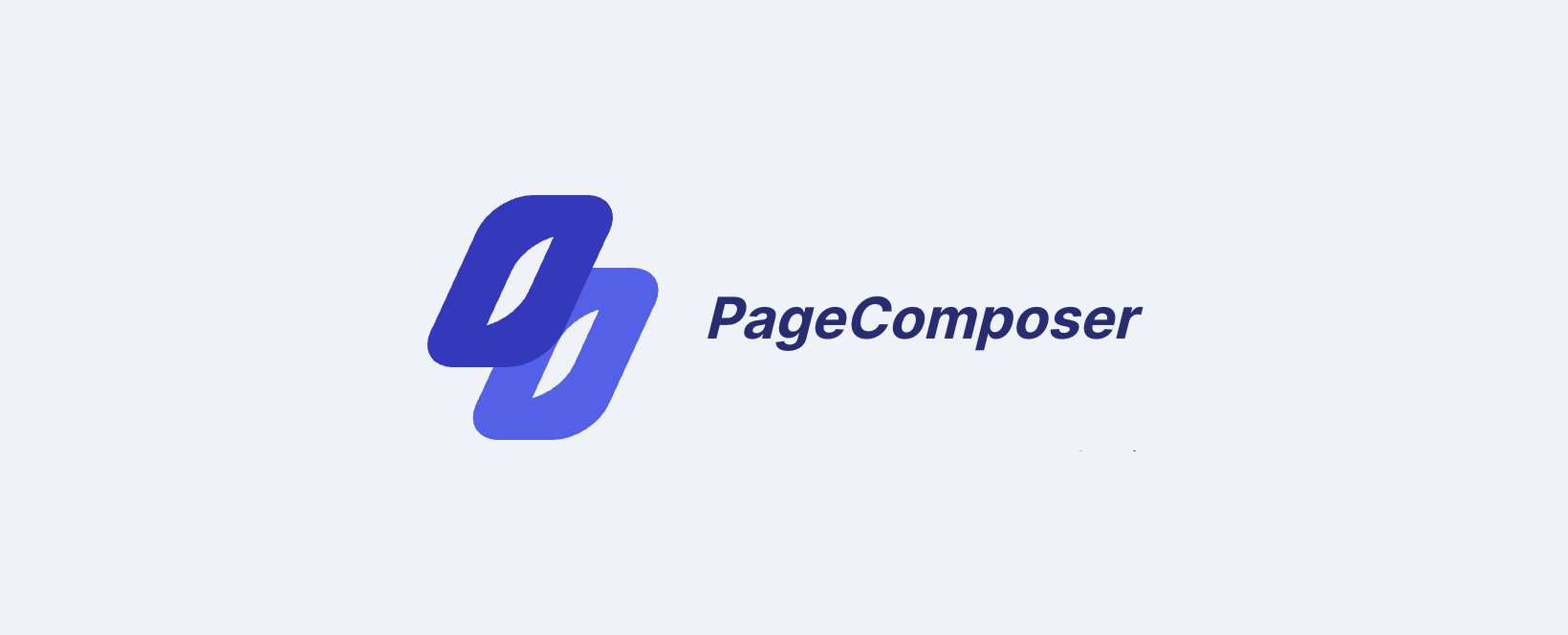flobbos / page-composer
A livewire based CMS for Laravel
Installs: 161
Dependents: 0
Suggesters: 0
Security: 0
Stars: 0
Watchers: 1
Forks: 0
Open Issues: 0
Language:Blade
pkg:composer/flobbos/page-composer
Requires
- php: ^8.1
- blade-ui-kit/blade-heroicons: ^2.0
- flobbos/laravel-translatable-db: ^1.4
- illuminate/support: 10.*|11.*|12.*
- livewire/livewire: ^3.0
- dev-master
- v0.0.15
- v0.0.14
- v0.0.13
- v0.0.12
- v0.0.11
- v0.0.11-alpha
- v0.0.10
- v0.0.10-alpha
- v0.0.9
- v0.0.9-alpha
- v0.0.8
- v0.0.8-alpha
- v0.0.7
- v0.0.7-alpha
- v0.0.6
- v0.0.6-alpha
- v0.0.5
- v0.0.5-alpha
- v0.0.4
- v0.0.4-alpha
- v0.0.3
- v0.0.3-beta
- v0.0.3-alpha
- v0.0.2
- v0.0.2-beta
- v0.0.2-alpha
- v0.0.1
- v0.0.1-beta
- v0.0.1-alpha
- dev-dev
- dev-fix/livewire-3
This package is auto-updated.
Last update: 2026-02-22 19:43:29 UTC
README
Handle your content a little differently
This package aims to create a flexible CMS experience for the user as well as the developer. Content is divided into rows and columns which contain elements of your choosing, text, photo, video and elements you can create based on your needs. This is a different approach at handling website content. I hope you like it.
Docs
Installation
Install package
Add the package in your composer.json by executing the command.
composer require flobbos/page-composer
PageComposer features auto discover for Laravel. In case this fails, just add the Service Provider to the app.php file.
Flobbos\PageComposer\PageComposerServiceProvider::class,
Running the installation routine
Run the following install command.
php artisan page-composer:install
If you're asked for a name of the installation just make something up. No further steps are required everything's automated.
Publish configuration file
This will publish all necessary files and assets needed for getting up and running. Just select the PageComposerServiceProvider and you should be good to go.
php artisan vendor:publish
Dependency configuration
TranslatableDB
The package relies on flobbos/translatable-db to handle translations. It's important to configure this package as well. For this you need to run:
php artisan vendor:publish
Select the Flobbos\TranslatableDb package. It will publish a configuration file to which you need to add the following path:
'language_model' => 'Flobbos\PageComposer\Models\Language',
This way the language model will be detected correctly and translations can be loaded.
Livewire
Please also check the Livewire section for two very important config settings to make things work correctly.
Tailwind
Additionally you will need to add the package views to your TailwindCSS configuration so everything is compiled correctly. In the contents section of the config file please add the following line:
"./vendor/flobbos/page-composer/src/resources/views/**/*.blade.php",
This will let Tailwind know where to look for files to check for classnames and such.
Laravel layout
PageComposer injects a few snippets onto the scripts stack in order to make the default components work like the editor for example. For this to work correctly you need to add the following to your default layout:
@stack('scripts')
Either at the top or bottom of your layout file.
We also need to inject a few styles to make the editor work so please add the following to the top of your layout after your regular styles.
@stack('styles')
Migrations
During the publishing process the migration for the newsletter_templates table was also published. Add all fields you need and run the migration.
php artisan migrate
Adding the package
Routes
The routes will be automatically loaded from the package folder. However you may need to update the middlewares being used on these routes. You can do this easily by editing the config like so:
'middleware' => [ 'web', 'auth:sanctum', config('jetstream.auth_session'), 'verified', ]
In this example we have Laravel Jetstream installed with the default configuration.
Menu entries
There's no default menu provided with the package. You need to add these entries yourself. The following routes must be added to access the PageComposer:
route('page-composer::pages.index'); route('page-composer::pages.create'); route('page-composer::pages.edit',$page_id);
If you want to use the default preview route, you need to add the following route:
route('page-composer::pages.detail',$page_id);
There's also a built in micro bug tracker for users of the package. There users can report bugs or add wishes for new elements and such.
route('page-composer::dashboard');
Configuration
The configuration options have been kept fairly simple at the moment. The following options are available:
Validation rules
Here you can set some basic validation options that will be used for saving a page.
'rules' => [ 'page.name' => 'required', //mandatory 'page.photo' => 'required', 'page.slider_image' => 'sometimes:image', 'page.newsletter_image' => 'sometimes:image', 'pageTranslations.*.content.title' => 'required', //mandatory 'page.category_id' => 'required', //remove if not using categories ],
FAQ
There's a small FAQ to help people get started. If you want to show this:
'showFaq' => true,
Tags
If you want to use the tags provided by the package for the pages created:
'useTags' => true,
Categories
PageComposer comes with a default categorisation option. If you want to use it:
'useCategories' => true,
Element Creator
PageComposer provides stubs for creating new content elements. These will of course just create a blank element template which you need to update. This option might be a bit counter intuitive for the regular users if made available during production.
'showElementCreator' => true,
Livewire
The package relies on Livewire 3 and Alpine 3. There are a few options you need to change to make things work.
Legacy model binding
The option for binding directly to an Eloquent model has been made optional in Livewire 3 by default. PageComposer heavily relies on this feature since it was initially created with Livewire 2. This will change in the future but the for moment you need to enable this feature for things to work.
'legacy_model_binding' => true,
Layout
All full page components use the classic layout path which differs from the default layout path suggested by Livewire 3. Set the folling option for the correct layout path:
'layout' => 'layouts.app',
Laravel compatibility
| Laravel | LaravelCM |
|---|---|
| 12.x | >0.0.1* |
| 11.x | >0.0.1* |
| 10.x | >0.0.1* |
Lower versions of Laravel are not supported.

